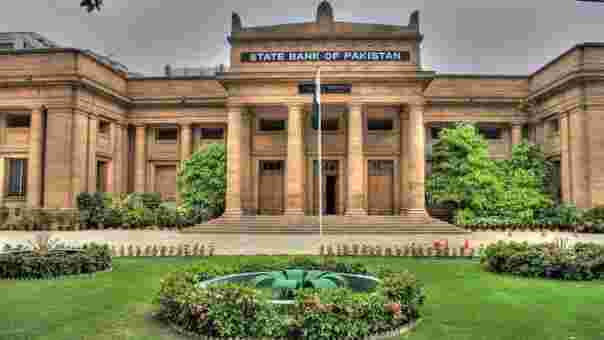ISLAMABAD: The State Bank of Pakistan (SBP) and the Ministry of Finance officially reiterated on Thursday that cryptocurrency is not legal tender in Pakistan.
They confirmed that the trading, usage, and promotion of cryptocurrencies are currently prohibited under the existing regulatory framework.
Speaking before the National Assembly Standing Committee on Finance, officials from both institutions emphasized the urgent need to develop a robust legal and regulatory structure before any future consideration of allowing cryptocurrency transactions in the country. The SBP highlighted that back in 2018, it had issued directives to all banks to restrict any dealings in cryptocurrency, declaring it an unauthorized and high-risk digital asset.
Finance Ministry officials added that only preliminary work has been done so far to explore the potential of virtual assets. Contrary to popular belief, Pakistan has not shifted its policy stance toward embracing cryptocurrencies. Instead, authorities are adopting a forward-looking but cautious approach to evaluate both risks and opportunities associated with digital currencies.
To facilitate these discussions, the government has established the Pakistan Crypto Council (PCC), comprising representatives from the SBP, the Securities and Exchange Commission of Pakistan (SECP), and the Finance Ministry. The PCC is tasked with studying global models, engaging stakeholders, and proposing a viable regulatory framework for virtual assets, including cryptocurrency and Virtual Asset Service Providers (VASPs).
The primary concerns around cryptocurrency in Pakistan revolve around financial crimes, including money laundering, terrorist financing, and the lack of consumer protection. To align with the Financial Action Task Force’s (FATF) Recommendation 15, the SBP and SECP have advised all regulated entities to avoid trading, processing, or facilitating cryptocurrency-related activities. Any suspicious cryptocurrency transactions must be reported immediately to the Financial Monitoring Unit (FMU).
In addition, a National Working Group led by the FIA is actively collaborating with the PCC to design a national policy. Technical experts have been hired to assess business models, underlying technologies, and potential risks associated with cryptocurrency. The goal is to support responsible innovation while safeguarding national financial stability and meeting international AML/CFT standards.
Until a comprehensive and secure legal framework is established, cryptocurrency will remain unauthorized and outside the legal financial ecosystem of Pakistan.
